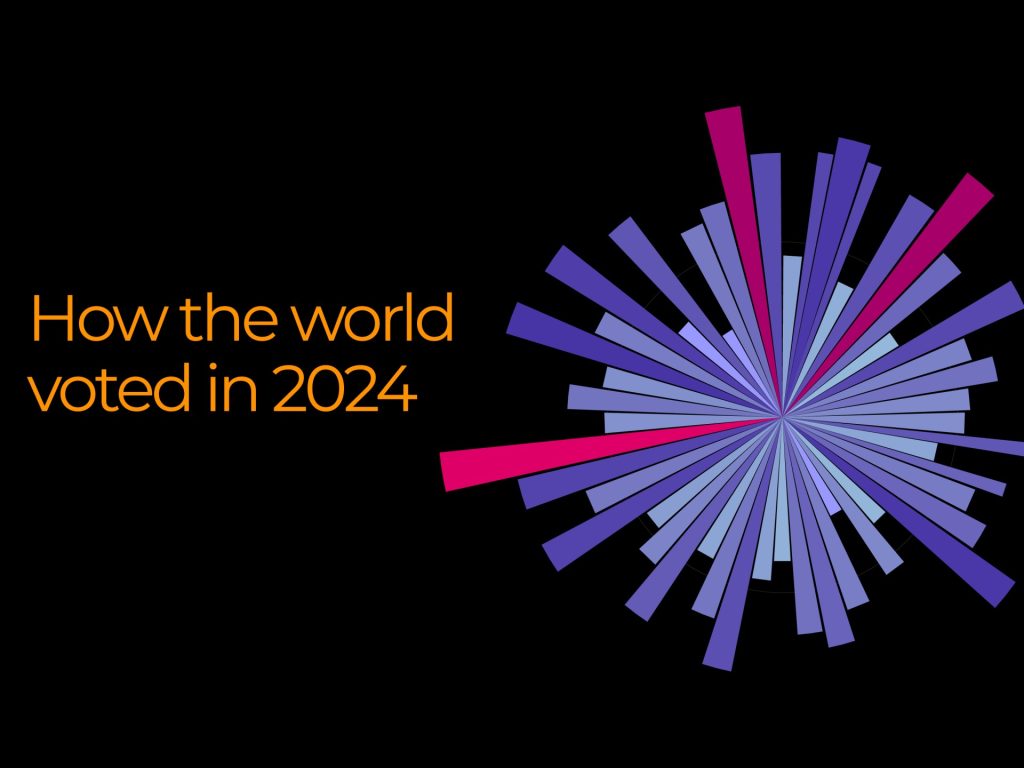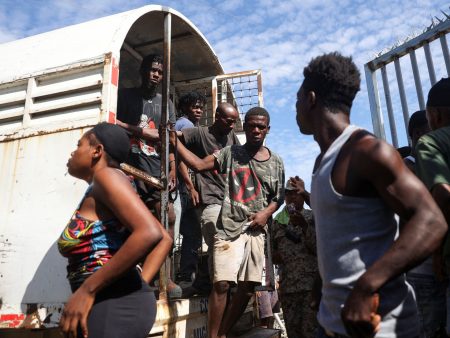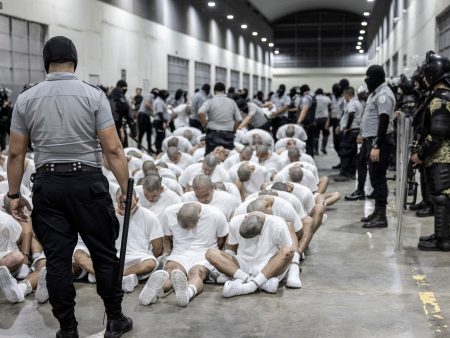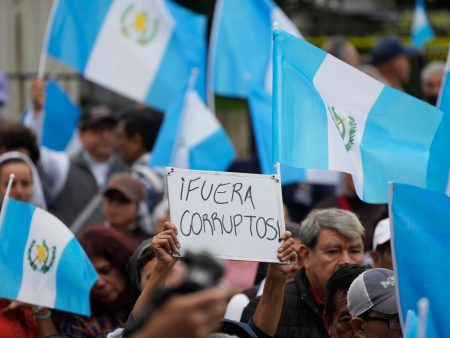2024 Global Elections: A Mixture of Continuity and Change
The year 2024 witnessed a wave of elections across the globe, resulting in a complex tapestry of political outcomes. While numerous incumbent leaders secured re-election, a significant number faced diminished mandates, requiring coalition governments to maintain power. This trend underscores a growing dissatisfaction with established political orders and a desire for more diverse representation. Simultaneously, several nations experienced significant shifts in leadership, ushering in new political eras and reflecting evolving voter priorities.
A prominent theme in the 2024 elections was the return of incumbents, albeit often with reduced support. South African President Cyril Ramaphosa and Indian Prime Minister Narendra Modi both secured further terms, but their parties lost parliamentary majorities, necessitating the formation of coalitions. This reflects a nuanced political landscape where voters express confidence in individual leaders while simultaneously demanding greater power-sharing among different political factions. Other incumbent leaders, like Algeria’s Abdelmadjid Tebboune and Russia’s Vladimir Putin, secured landslide victories, raising concerns about democratic processes and the suppression of opposition voices. These contrasting outcomes highlight the diverse political realities across different nations.
Several long-ruling parties and leaders maintained their grip on power. In Rwanda, Paul Kagame secured a fourth term amidst criticism of his authoritarian practices. Similarly, in Togo, President Faure Gnassingbe’s party won an overwhelming majority in parliamentary elections, solidifying the Gnassingbe family’s decades-long rule. These victories raise questions about the fairness and competitiveness of electoral processes in these countries and the long-term implications for democratic governance. Conversely, some countries witnessed the downfall of long-standing political dynasties. In Botswana, Duma Boko’s victory ended the ruling party’s 58-year reign, signifying a dramatic shift in the political landscape. This demonstrates the capacity of voters to enact transformative change, even in countries with deeply entrenched political establishments.
The 2024 elections also ushered in a wave of new leaders, often reflecting a desire for fresh perspectives and alternative approaches to governance. In Mexico, Claudia Sheinbaum made history as the country’s first female president, signaling a potential turning point in Mexican politics. Similarly, Indonesia elected Prabowo Subianto as president, marking a departure from previous leadership. These changes in leadership underscore the growing demand for greater diversity and inclusivity in political representation. In some instances, new leaders emerged from unexpected quarters, as seen in the United Kingdom, where Keir Starmer led the Labour Party back to power after 14 years of Conservative rule. Such unexpected outcomes highlight the volatility and unpredictability inherent in democratic processes.
However, the transition of power wasn’t always smooth. In Bangladesh, ongoing protests against Sheikh Hasina’s rule culminated in her resignation and the installation of an interim government. This underscores the potential for social and political unrest in countries where democratic norms are challenged or eroded. Similarly, in Syria, a surprise offensive by opposition forces ended Bashar al-Assad’s decades-long reign, marking a significant turning point in the protracted Syrian civil war. These tumultuous transitions highlight the fragility of political stability and the ever-present potential for upheaval.
Overall, the 2024 elections showcased a complex interplay of continuity and change across the globe. While many incumbents retained power, often with diminished mandates, several countries witnessed new leaders emerge, reflecting evolving voter preferences and a desire for fresh perspectives. These elections underscore the dynamic nature of global politics and the ongoing struggle for democratic representation and governance. Furthermore, the turbulent transitions of power in some nations highlight the inherent instability of political systems and the potential for both peaceful and violent change. The long-term consequences of these elections will continue to shape the global political landscape in the years to come.










